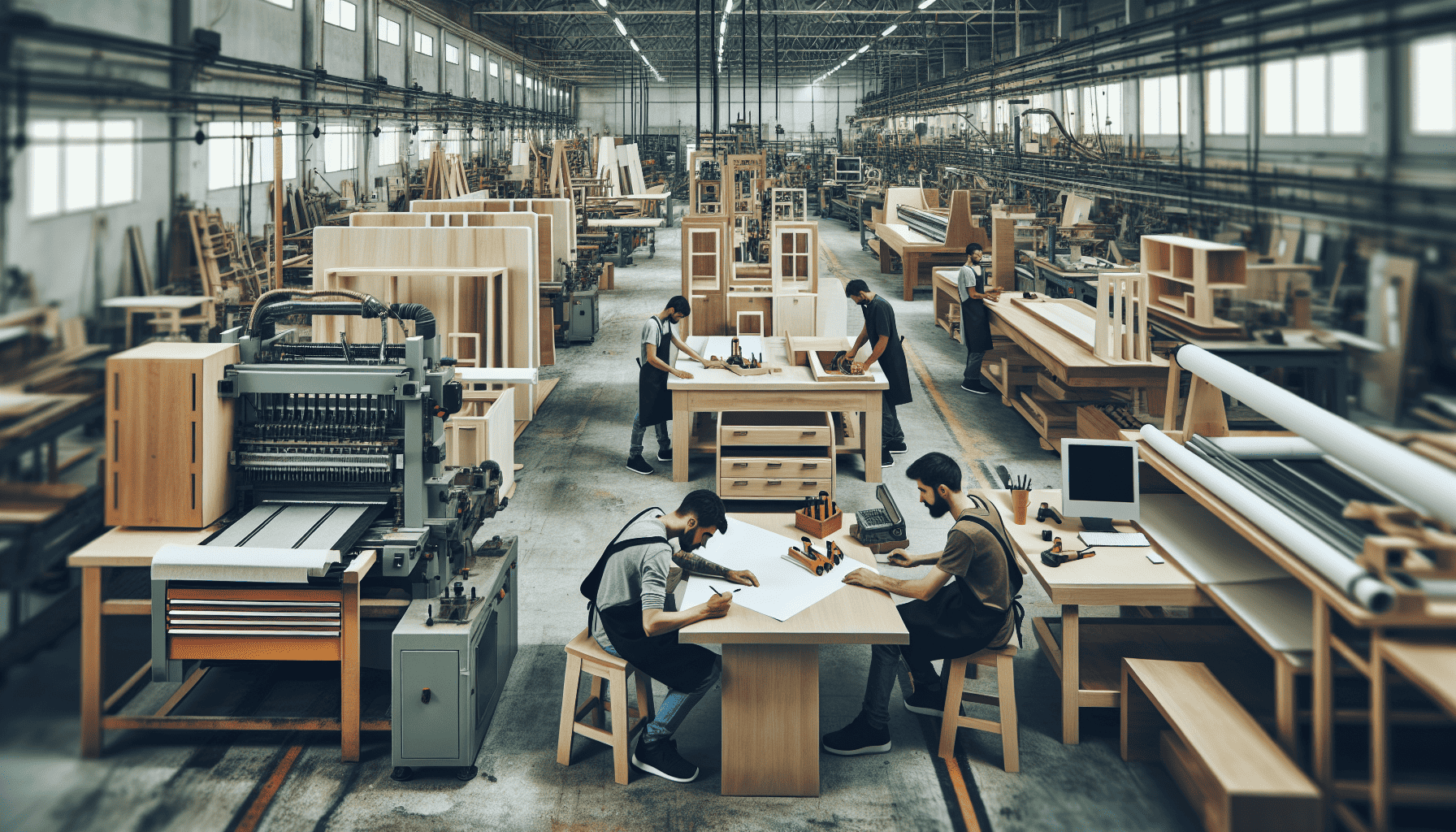In today's rapidly evolving industrial landscape, the ability to craft high-quality products is no longer a mere advantage but a necessity. With the surge in consumer expectations and global competition, adopting advanced production techniques has become imperative for businesses aiming to maintain and enhance their market position.
At the forefront of these techniques is the incorporation of automation and robotics into manufacturing processes. Robotics has revolutionized the ability to achieve precision and efficiency at scales that were previously unthinkable. Automated systems allow for consistency in product quality while reducing the margin for human error, thereby improving overall productivity.
Moreover, the integration of Artificial Intelligence (AI) in the production line has opened new doors for predictive maintenance and real-time problem-solving. AI can analyze data collected from machines to predict potential breakdowns before they occur, minimizing downtime and extending the lifespan of equipment. This adaptability means issues can be resolved proactively, resulting in significant cost savings and uninterrupted production cycles.
3D printing, or additive manufacturing, is another groundbreaking technique that has garnered attention across various industries. This technology allows for rapid prototyping and on-the-spot production of components, making it possible to quickly test and iterate designs. Companies can customize products to a degree previously unattainable, tailoring them exactly to client specifications, thereby vastly improving customer satisfaction.
Additionally, advancements in materials science have propelled production techniques to new heights. The development of stronger, lighter, and more sustainable materials has enabled manufacturers to design products that are not only more efficient but also environmentally friendly. With an increasing focus on sustainability, these advances are crucial in meeting regulatory demands and gaining consumer trust.
Another significant aspect is the application of the Internet of Things (IoT) in manufacturing. IoT devices help create a smart manufacturing environment where equipment communicates seamlessly, optimizing the production flow. This connectivity ensures that all aspects of the manufacturing process are transparent and controllable, leading to greater overall efficiency and swift response to any anomalies.
Lastly, the continuous evolution of digital design tools supports the advanced production techniques landscape. These tools afford engineers and designers unprecedented opportunities to dream and create without the physical constraints of traditional modeling. Designs can be adjusted with a few clicks, greatly shortening the development cycle and fostering innovation.
In conclusion, advanced production techniques are reshaping how products are made, offering improvements in efficiency, sustainability, and innovation. As these technologies continue to develop, their integration into manufacturing processes will become more sophisticated, leading businesses into a future where creativity, quality, and speed are paramount. Embracing these advancements not only ensures competitive advantage but also promises a brighter, more sustainable future for industries worldwide.
